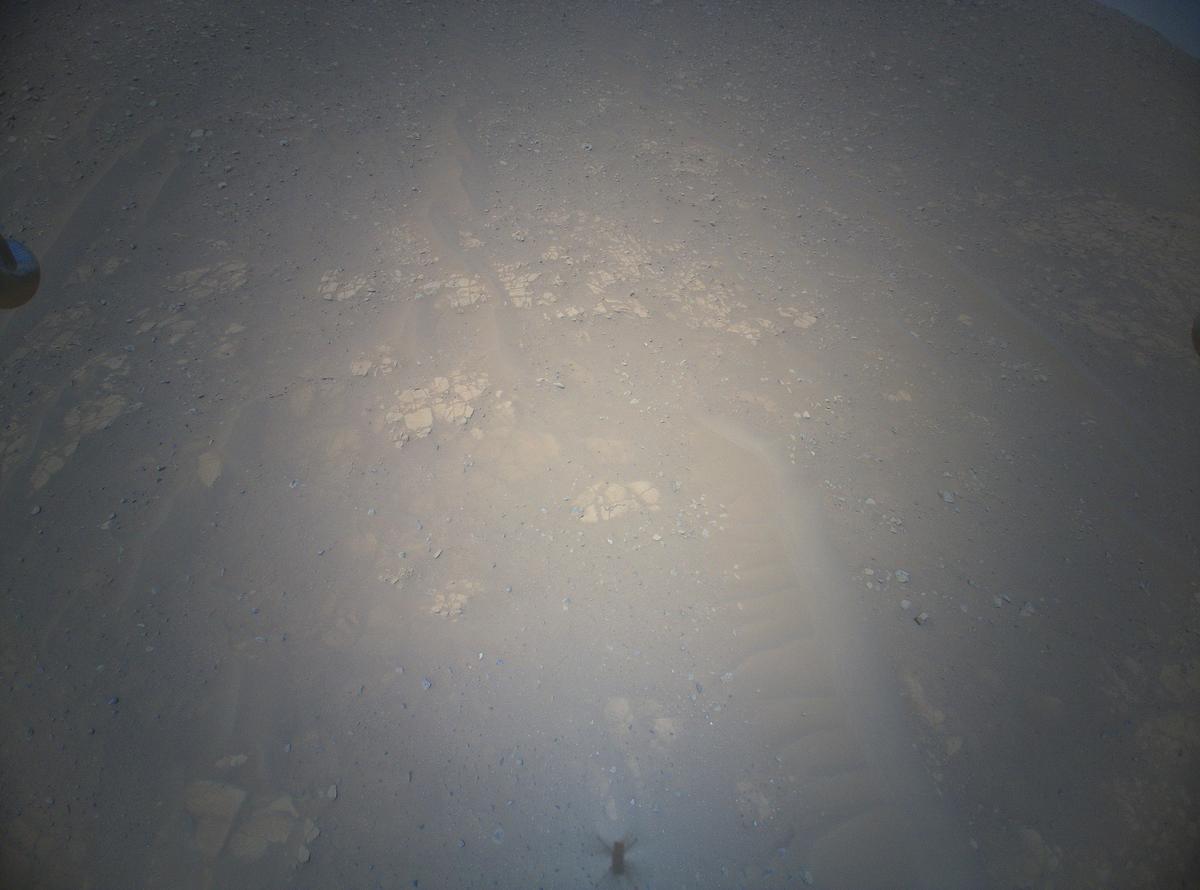The Ingenuity Martian helicopter has set a new altitude record on Mars. In the near future, it may renew another record, this time for horizontal speed.

Ingenuity’s record-breaking flight took place on October 5. It has already become the 61st for the spacecraft. The drone rose vertically upwards and reached a height of 24 meters, updating the altitude record (its previous best achievement was 20 meters). Then the drone landed at the same point from which it took off. In total, the entire flight lasted 129 seconds.
But attempts to test the limits of the technical capabilities of the Martian helicopter will not end there. Already today, NASA’s Jet Propulsion Laboratory specialists are planning to organize a new test for it. This time Ingenuity will try to break the horizontal speed record.
The new flight plan is the following. Ingenuity will head in a northeasterly direction. During the flight, it will move at an altitude of 18 meters and take pictures of the surrounding area. Then the drone will turn around and return to the starting point. If everything goes as planned, Ingenuity will stay in the Martian sky for 120 seconds and will develop a maximum speed of 10 m/s (at the moment its best indicator is 8 m/s).
It’s time for Flight 62 ????
The #MarsHelicopter will take to the Martian skies no earlier than Oct. 12. Ingenuity is expected to fly 879 ft (268 m) northeast for about 119 seconds, and it will attempt to break its groundspeed record from Flight 60. https://t.co/Yl7F0h4aeG pic.twitter.com/P5c54A7U88
— NASA JPL (@NASAJPL) October 11, 2023
This flight will be the next link in a chain of recent missions, during which engineers are gradually increasing the speed and altitude of Ingenuity flight. Recall that the spacecraft is a demonstrator. It was designed for only 5 flights and 30 days of work on Mars. In reality, it has been flying for 2.5 years. Therefore, experts are increasingly using Ingenuity as a flying laboratory. The data collected by the Martian helicopter will be used in the design of new, more advanced drones that will study the Red Planet in the future.
Follow us on Twitter to get the most interesting space news in time
https://twitter.com/ust_magazine
